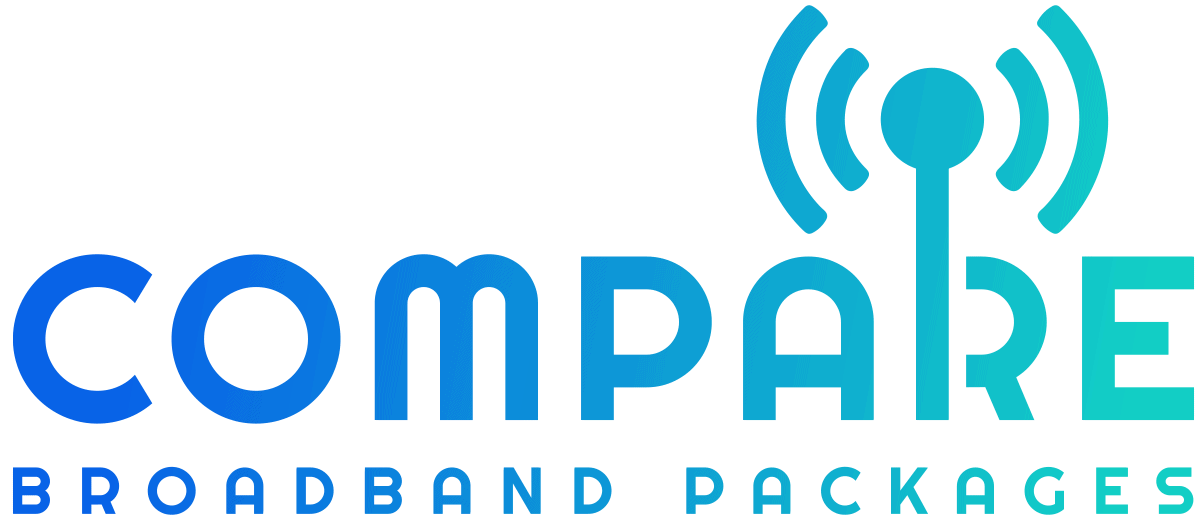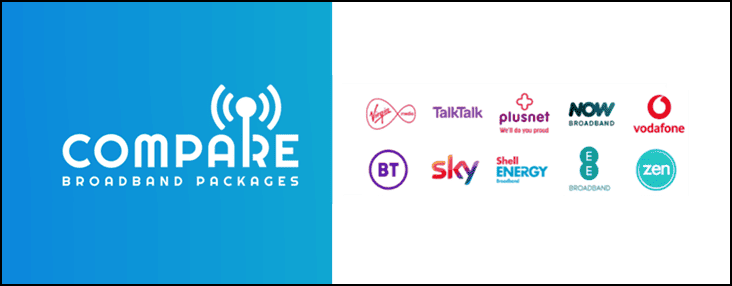
Have you ever experienced slow or unreliable internet connection? The culprit may be your default DNS server. Fortunately, there are free public DNS servers available that can significantly improve your browsing experience.
A DNS server, short for Domain Name System server, translates domain names into IP addresses, allowing devices to access websites. A reliable, fast and secure DNS server can enhance browsing experiences and protect against online threats.
Free public DNS servers not only provide these benefits but also save you money compared to paid alternatives. In this article, we will discuss the top free public DNS servers and how you can switch to one for a better internet experience.
Key Takeaways
- Free public DNS servers offer reliable, fast and secure browsing experiences.
- They are cost-effective alternatives to paid DNS server providers.
- Top free public DNS servers include Cloudflare, Google Public DNS, and OpenDNS.
- Switching to a free public DNS server is easy and can significantly improve your internet experience.
What are DNS servers and why do they matter?
If you’ve ever wondered how the internet works, DNS servers are a crucial piece of the puzzle. DNS stands for Domain Name System, and DNS servers act as the phonebooks of the internet, translating domain names into IP addresses that computers use to communicate with each other.
When you type a website’s URL into your browser, your device sends a request to a DNS server to look up the IP address associated with that domain name. The DNS server then returns the IP address to your device, allowing it to directly connect to the website’s server and load the content.
Without DNS servers, you would need to remember IP addresses instead of easy-to-remember domain names and access websites through complex strings of numbers.
This is why DNS servers matter – they ensure efficient and accurate website access, making the internet more user-friendly and accessible for everyone.
The Benefits of Using Free Public DNS Servers
Switching to a free public DNS server can offer a range of benefits. Here are some of the advantages:
- Reliability: Free public DNS servers are known for their reliability and can provide a seamless browsing experience. As they can handle large volumes of traffic, you’re less likely to experience downtime or slow website loading times.
- Speed: With faster response times, free public DNS servers can significantly improve your browsing speed. This means quicker access to websites and reduced buffering times when streaming content.
- Security: Free public DNS servers often offer additional security features to protect users from potential threats online. They can protect against DNS hijacking, phishing attacks and malware, keeping you safe while browsing the web.
When you use your ISP’s default DNS servers, you might not get the best speeds, as these are often slower and can be prone to outages. Even more concerning, your internet service provider may track your online activity through these servers, logging every site you visit. This invasion of privacy is something many users prefer to avoid.
Public DNS services, on the other hand, often boast a 99.9%+ uptime, making them highly reliable and less likely to disrupt your internet experience. They not only enhance speed but also offer features like parental controls and content filtering, which are invaluable if you share devices with family or roommates.
Switching to a public DNS server can be an effective way to safeguard your online privacy and security while also boosting your internet performance. By opting for a trusted provider, you can enjoy a faster, safer, and more reliable online experience.
By using free public DNS servers, you can enjoy a more reliable, secure and faster browsing experience without spending a penny. So, why not make the switch today?
Top free public DNS servers for reliable performance
If you’re looking for free public DNS servers that offer reliable performance, you’re in luck. We’ve compiled a list of the best options out there to help you make an informed decision.
| DNS Server | Primary Features |
|---|---|
| Google Public DNS | Fast speed, security, and accuracy in website access |
| Cloudflare DNS | Privacy, fast speed, and security from DDoS attacks |
| OpenDNS | Security features, filter content, and parental controls |
| Quad9 DNS | Security from malicious websites and phishing attacks |
| Comodo Secure DNS | Advanced security features, including malware blocking and DNS hijacking prevention |
These top free public DNS servers offer reliable performance for your internet usage needs. Each server comes with its unique features, so choose the one that best matches your requirements and preferences. You’ll be able to enjoy fast and secure browsing with these trusted DNS providers.
The Benefits of Ensuring Security with Free Public DNS Servers
When it comes to internet usage, security is a crucial aspect that cannot be overlooked. Due to the sensitive and personal nature of the information shared on the web, it is important to protect your online activities from potential threats. This is where free public DNS servers come in handy. Not only do they offer reliable and fast internet access, but they also ensure enhanced security features to keep your valuable data safe.
Protecting Against DNS Hijacking
DNS hijacking is a common tactic used by cybercriminals to redirect you to malicious websites. This can lead to potential threats such as phishing scams or malware attacks. However, by switching to free public DNS servers, you can protect yourself from such threats. These DNS servers use advanced security protocols to ensure that your internet traffic is directed to the intended website, preventing any unauthorized access and keeping your browsing experience secure.
Preventing Phishing Attacks
Phishing attacks are a common form of cybercrime that involves stealing personal information such as passwords and credit card details. Free public DNS servers can help prevent such attacks by using advanced security features to block access to suspicious websites. By doing so, they prevent you from unwittingly giving away sensitive information to malicious parties, thus keeping your online activities safe and secure.
Blocking Malware Threats
Malware threats are a major concern for internet users. They can corrupt files, steal personal information, and even take control of your device. By using free public DNS servers, you can protect yourself from such threats. These servers use advanced security protocols to block access to known malware sites, preventing any potential attacks on your device. This provides an added layer of security to your browsing experience and ensures that your device remains protected against online threats.
Overall, ensuring security with free public DNS servers is an important step in safeguarding your online activities. By protecting yourself against DNS hijacking, phishing attacks, and malware threats, you can enjoy a worry-free browsing experience that is fast, reliable, and secure.
How to Switch to a Free Public DNS Server
Switching to a free public DNS server is a simple process that can be done on most devices and operating systems. Below are the step-by-step instructions to change your DNS settings:
Windows PC
- Open the Control Panel and click on Network and Sharing Center.
- Select your connection and click on Properties.
- Select Internet Protocol Version 4 (TCP/IPv4) and click on Properties.
- Select Use the following DNS server addresses and enter the IP addresses of the DNS server you want to use.
- Click OK and close all windows.
Mac OS
- Open System Preferences and click on Network.
- Select your connection and click on Advanced.
- Click on the DNS tab and click on the plus sign to add a DNS server.
- Enter the IP address of the DNS server.
- Click OK and close all windows.
iPhone and iPad
- Go to Settings and click on Wi-Fi.
- Select your Wi-Fi connection and click on the (i) icon.
- Scroll down and click on Configure DNS.
- Select Manual and click on Add Server.
- Enter the IP address of the DNS server and click on Save.
Android
- Go to Settings and click on Network & Internet.
- Select Wi-Fi and click on the gear icon next to your connection.
- Click on Advanced and scroll down to IP Settings.
- Select Static and enter the IP addresses of the DNS server.
- Click Save and close all windows.
Once you have changed your DNS settings, you can start enjoying faster and more secure browsing experiences with your new free public DNS server.
What to Do When Changing Your DNS Server Doesn’t Solve Broadband Issues
If adjusting your DNS server settings hasn’t improved your broadband experience, it’s time to explore other avenues.
Assess Your Internet Connection
- Investigate Outages: Frequent service interruptions could signal a deeper issue with your provider. Take note of any patterns—such as specific times or weather conditions—that might exacerbate the problem.
- Check Equipment: Ensure your modem and router are functioning properly. Update firmware, check for overheating, and consider resetting devices to their default settings.
- Cable Connections: Loose or damaged cables can cause connectivity issues. Inspect all cables and connections to confirm everything is secure and in good condition.
Evaluate Your Provider Options
If the above steps don’t lead to improvement, you might need to consider switching Internet Service Providers (ISPs). Here’s how:
- Review Contracts: Before making any changes, check if you’re bound by a contract. If not, switching providers could be a cost-effective solution.
- Compare Options: Use comparison tools to explore alternatives in your area. Pay attention to speed, reliability, and customer service reviews.
- Contact Your Current Provider: Sometimes, discussing your issues with customer service might yield temporary solutions or upgrades at a lower cost.
Switching providers can often resolve persistent issues, especially when your current ISP consistently falls short on reliability. Choose an ISP that meets your specific needs for a seamless internet experience.
Conclusion
Congratulations! You’ve made it to the end of our guide to the best free public DNS servers available on the market. We hope that you found the information informative and helpful in making an informed decision about which DNS server to use for your internet usage.
Using free public DNS servers can bring a host of benefits to your online experience. With reliable, fast, and secure DNS resolution services, you can enjoy a more seamless and efficient browsing experience, all at no cost to you. By choosing a trusted DNS provider, you can ensure that you are getting the best possible service for your internet needs.
We encourage you to explore the top free public DNS servers we have provided in this guide and choose the one that best suits your preferences. Remember, the switch to a free public DNS server is a simple process that can be done in a few easy steps. So why not take the plunge and try it out for yourself?
Thank you for reading, and happy browsing!
FAQ
What are DNS servers?
A: DNS servers, or Domain Name System servers, are responsible for translating domain names (such as example.com) into IP addresses (such as 192.168.0.1) so that websites can be accessed on the internet.
Why do DNS servers matter?
A: DNS servers are crucial for internet communication as they ensure efficient and accurate website access. Without DNS servers, users would have to remember and enter IP addresses manually to visit websites.
What are the benefits of using free public DNS servers?
A: Free public DNS servers offer several advantages. They are reliable, fast, and secure, enhancing browsing experiences. Additionally, they are cost-effective alternatives to paid DNS server providers.
What are some top free public DNS servers for reliable performance?
A: There are several highly recommended free public DNS servers. Some popular options include Google Public DNS, Cloudflare DNS, and OpenDNS. These servers are known for their reliability and excellent performance.
How do free public DNS servers ensure security?
A: Free public DNS servers protect against DNS hijacking, phishing attacks, and malware. They often have additional security features in place to safeguard user data and privacy.
How can I switch to a free public DNS server?
A: Switching to a free public DNS server is a straightforward process. You can follow step-by-step instructions specific to your device or operating system to change DNS settings and make the switch.
What benefits do public DNS servers offer over ISP DNS servers?
Public DNS servers can offer enhanced speed, reliability, and security features. They often process requests faster and are equipped to handle more traffic without downtime, ensuring a smoother browsing experience.
What are the privacy implications of using ISP DNS servers?
Using your ISP’s DNS servers may allow them to monitor and log your browsing history, raising concerns about personal data privacy. Switching to a public DNS can help mitigate this issue.
What additional features can alternative DNS servers provide?
Many public DNS servers offer extra functionalities such as parental controls and content filtering. These features help block harmful content like phishing and malware, providing an added layer of security.
What are the reliability issues with ISP DNS servers?
ISP DNS servers can sometimes be less reliable, leading to potential website access issues if the DNS fails. Public DNS servers, on the other hand, often boast higher uptime, reducing the chance of disruptions.
Why might my ISP’s DNS servers be inadequate?
Typically, DNS servers provided by your ISP are not optimized for speed and might be slower than public alternatives. Additionally, ISPs often track your online activity through their DNS servers, which can compromise your privacy.










